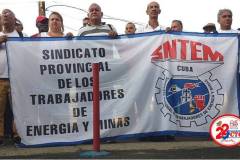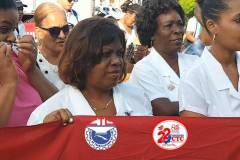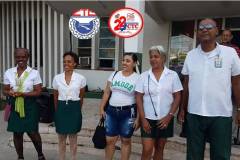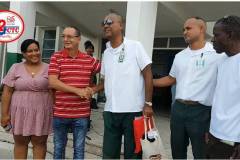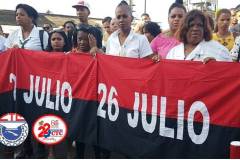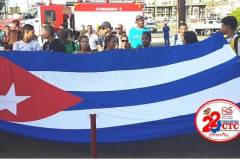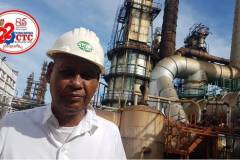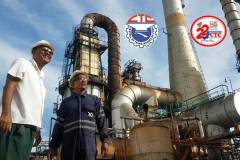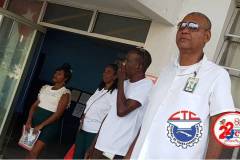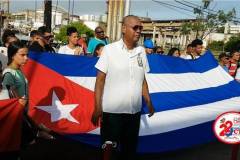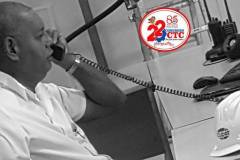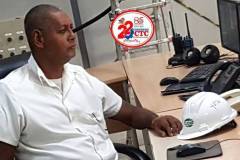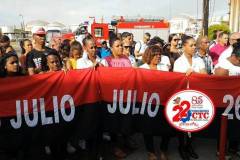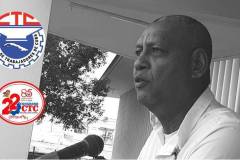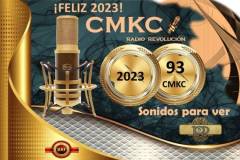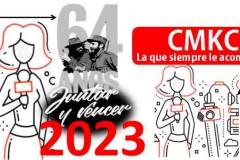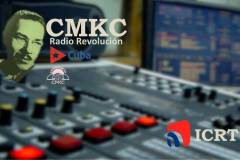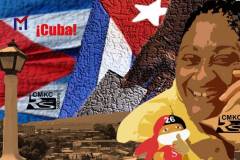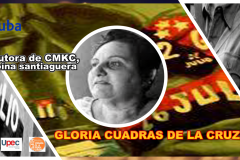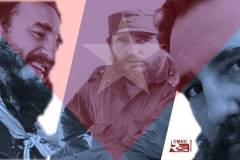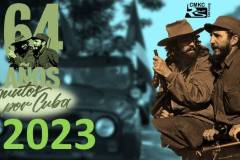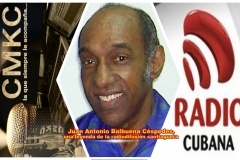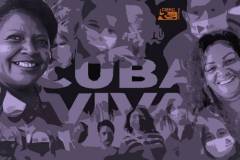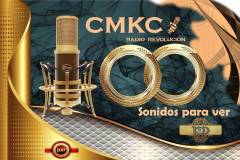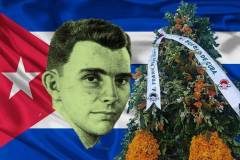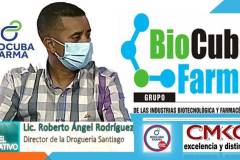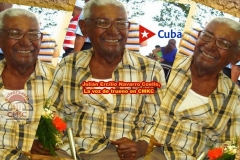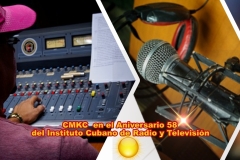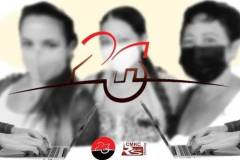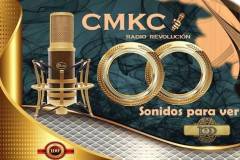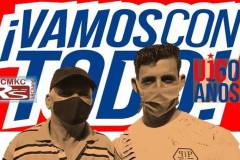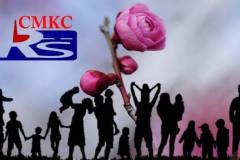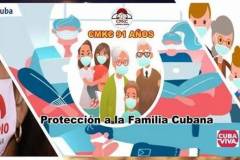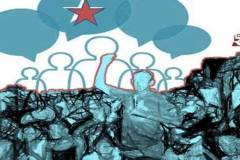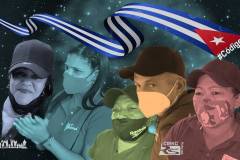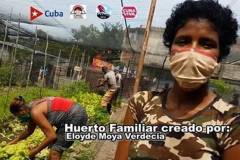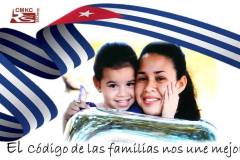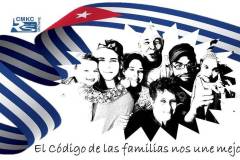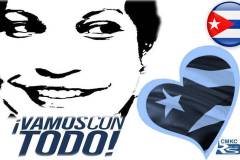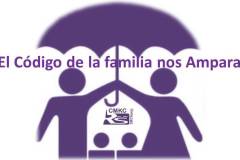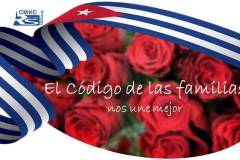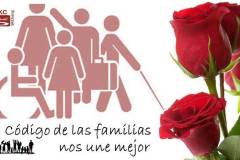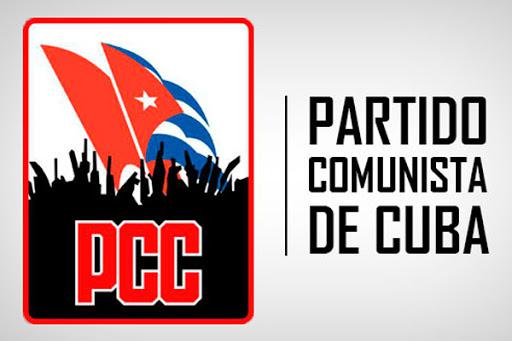
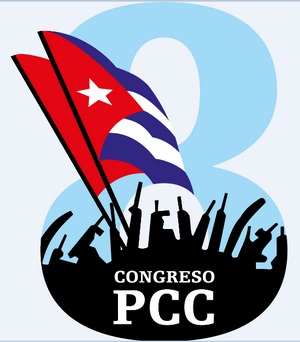
Congress– Presided by its first secretary, Army General Raúl Castro Ruz, a meeting of the Political Bureau was held this Tuesday, to continue study of the documents that will be presented during the Eighth Congress of the Communist Party of Cuba.
Congress– Considering the resurgence of COVID-19 experienced over the last few weeks and prospects for its control, the issue was analyzed and the decision made to maintain plans to hold the Congress this coming April 16-19, as was announced this past December 2, in the convocation for the important event.
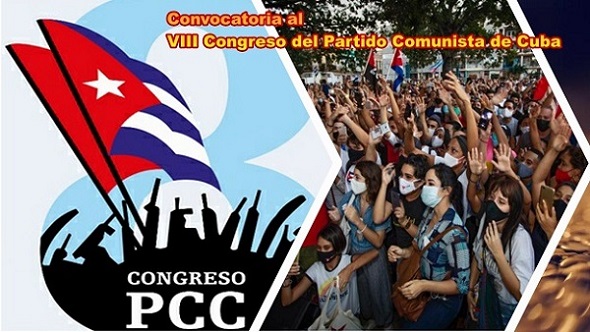
The Communist Party of Cuba (Part 3)
In the lead up to the 7th Party Congress Granma offers readers four articles tracing the creation, history and impact of the Communist Party of Cuba on the island. (Part 3)
april 14, 2016
The result of the process undertaken in the previous two years, in May 1963 the Integrated Revolutionary Organizations (ORI) came to be called the United Party of the Socialist Revolution of Cuba (PURSC). This was not a simple name change, but the establishment of a rigorous democratic system for entry into its ranks, on the basis of consultation with workers about who could be considered and elected as model workers, and the selection by relevant bodies, from among these workers, of those who should be selected for entry into its ranks.
Based on these principles, intense activity unfolded in workplaces and in other collectives. Based on the first experiences, this task extended to other sectors of Cuban society.
Under the guidance and direction of Raúl, for example, in the eastern mountains, the work of building the Party began following socio-political studies, taking advantage of the structure of the mountain companies, which due to their composition had become effective political-military organizations in these territories.
This first experience in the military structures served as the model to initiate this process in the rest of the armed institutions. Thus, on December 2, 1963, the process began in the Eastern Army. It was demonstrated that the existence of the Party, far from clashing with the principle of unity of command, increased the authority of commanders, raised the combat effectiveness of troops, improved technique, strengthened military discipline, and significantly developed the knowledge and the level of political training of officers and soldiers.
Three years later, the political vanguard had essentially been constituted in all sectors of the country.
Between September 30 and October 1, 1965, the first important meetings of the Party’s top leadership took place, attended by members of the provincial bureaus of the Party, the general secretaries of regional committees and leaders of provincial state administrations.
On the conclusion of these meetings, October 3, Fidel reported the decisions of the national leadership of the PURSC, ratified on October 2 at the first meeting of its Central Committee, on the election of the Political Bureau, the Secretariat and the Work Commissions; the union of the newspapers Hoy and Revolución into one: Granma, which henceforth would be the official voice of the Party; and the agreement to rename the PURSC as the Communist Party of Cuba was ratified, an unequivocal expression of a new stage, and the highest goals and aspirations of the Cuban people.
With these steps, the formation was essentially concluded of the Communist Party of Cuba, whose principles and methods have proven effective through today.
The First Congress of the Communist Party of Cuba
Author: Pedro Ríoseco
Statutes and policy for the formation, selection, location, promotion and development of cadres were approved, along with the nation’s new political-administrative division, People’s Power bodies, and the programmatic platform. Fidel also stressed the important role of Cuba’s foreign policy, based on firm principles and the alignment of Cuban positions with the international needs of the struggle for socialism
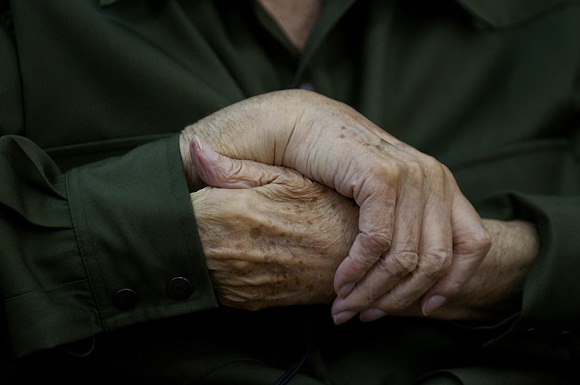
It has been 44 years, but it seems like yesterday. The refurbished Karl Marx Theater seemed to shine amidst the smiles of hundreds of men and women, awaiting the opening of the First Congress of the Communist Party of Cuba. As all the delegates and guests sat down, the wait was tense with anticipation, until everyone sprung to their feet in a rousing ovation, as the historic leaders of the Revolution entered, Fidel Castro in front, leading personalities from several countries.
Thus began, on the morning of December 17, 1975, the highest body of Cuban communism, 16 years after the Rebel Army defeated the dictatorship of Fulgencio Batista and ten years since the constitution of the Party’s first Central Committee, taking a transcendental step in the institutionalization of the Revolution, with the Party as its driving force, as stipulated in the Constitution approved in a national referendum in 1976.
Many emotions would move the 5,000 delegates and guests over the following days until the Congress ended on December 22, in a giant gathering in the Plaza de la Revolución, although perhaps one of the most intense was when Fidel announced the news of the death in combat of Comandante Raúl Díaz Argüelles in Angola. He had fallen a few days earlier, on December 11, defending the sister African country invaded by South African troops and supporting the Movement for the Liberation of Angola (MPLA) and its people.
The extensive central report was read by Fidel, and held the attention of delegates every single minute. It began with an historical analysis of the Revolution as a continuation of Cuba’s first struggles for independence, and continued with a review of economic development achieved in different sectors. The Congress included an analysis of errors committed over previous years, the projection of an economic direction system based on five-year plans, and ample discussion on social development, education, culture, sports, health, scientific research, attention to children, social security, labor policy and the judicial system.
Fidel explained the importance to the country’s political, institutional and juridical order of the next Constitution of the Republic, as the basis for superior exercise of socialist legality, and highlighted the role of mass social organizations, the Revolutionary Armed Forces, the Ministry of the Interior, the Young Communists League, and the Party.
As for the functioning of the Party, statutes and policy for the formation, selection, placement, promotion and development of cadre were approved along with the nation’s new political-administrative division, People’s Power bodies, and the programmatic platform. Fidel also stressed the important role of Cuba’s foreign policy, based on firm principles and the alignment of Cuban positions with the international needs of the struggle for socialism and national liberation, while calling for the unity of progressive forces.
At the end of the six days, the feeling shared by those of us who had the privilege of being there was that we had grown as revolutionaries, and that our duty, for the rest of our lives, was to make a reality of the letter and spirit of what was agreed upon in the historic and unforgettable First Congress.

